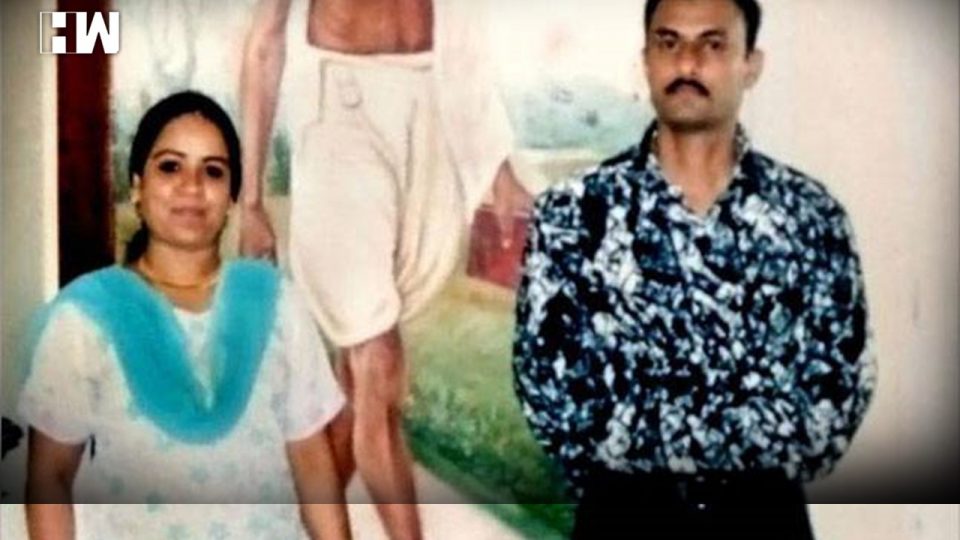Mumbai | The Bombay High Court on Friday dismissed a public interest litigation against the CBI’s decision to not challenge a 2014 trial court order discharging BJP chief Amit Shah in the Sohrabuddin Shaikh encounter case.
A division bench of justices Ranjit More and Bharati Dangre said it was not inclined to grant reliefs sought in the petition.
The petition was filed by a group, Bombay Lawyers Association, questioning the CBI’s decision not to challenge the discharge granted to Amit Shah in the case.
“We are dismissing the petition. We are not inclined to grant any relief…especially when the petitioner is a body which has no locus in the case,” the court said in its judgement.
A special CBI court had in 2014 discharged Shah in the case.
Sohrabuddin Shaikh and his wife Kausar Bi were killed in an alleged fake encounter by the Gujarat Police in 2005.
Shaikh’s partner Tulsi Prajapati was killed in another encounter in 2006 by the Gujarat and Rajasthan police.
Of the 38 people charged by the CBI in the case, 16, including Shah and all senior officers of Gujarat and Rajasthan police, were discharged by the trial court and the Bombay HC.
The association’s counsel Dushyant Dave had argued that the CBI had changed its stand on Shah after the change of government at the Centre in 2014.
The petition raised questions over the agency’s decision to file revision applications against the discharge of two other accused in the case, but not challenging Shah’s discharge from the case.
The CBI had opposed the petition and said its decision was a “conscious and reasonable” move. Terming the petition as “politically motivated” and a “publicity stunt”, the agency had sought dismissal of the petition.
Additional Solicitor General Anil Singh, appearing for the CBI, had told the court that the investigating agency had studied the trial court’s order granting discharge to Shah as well as various subsequent orders of appellate courts upholding the same.
“After going through these orders (of the trial court and of appellate courts), we decided that the order of discharge did not require any judicial review and hence, we took a conscious decision to not file any applications challenging Shah’s discharge from the case,” Singh had said.
Dave had argued that the CBI was roped in by the Supreme Court to probe the killings of Shaikh, his wife Kausar Bi, and Prajapati as the apex court had reposed its trust in the “independent” agency.
“Hence, the CBI should have been impartial and treated all accused persons in the same manner. Why did it then challenge the discharge granted to police officers N K Amin and Dalpat Singh Rathod, but went quiet in Shah’s case,” Dave had questioned.
He had said the CBI had opposed the discharge plea filed by Shah before a special court in the city in April 2014, but changed its stand after Shah was discharged in December 2014.
“They had called him (Shah) one of the main conspirators in the case at that time. However, in December 2014, Shah was granted discharge in the case and the CBI changed its stand on his role.
“That is because the general elections took place and the government at the Centre changed. But, isn’t the CBI supposed to be impartial irrespective of who is in power at the Centre,” Dave had asked.
Countering Dave, Singh had said there was no law that makes it must for the CBI to file appeals or revision applications in case of every discharge.
As an independent media platform, we do not take advertisements from governments and corporate houses. It is you, our readers, who have supported us on our journey to do honest and unbiased journalism. Please contribute, so that we can continue to do the same in future.

